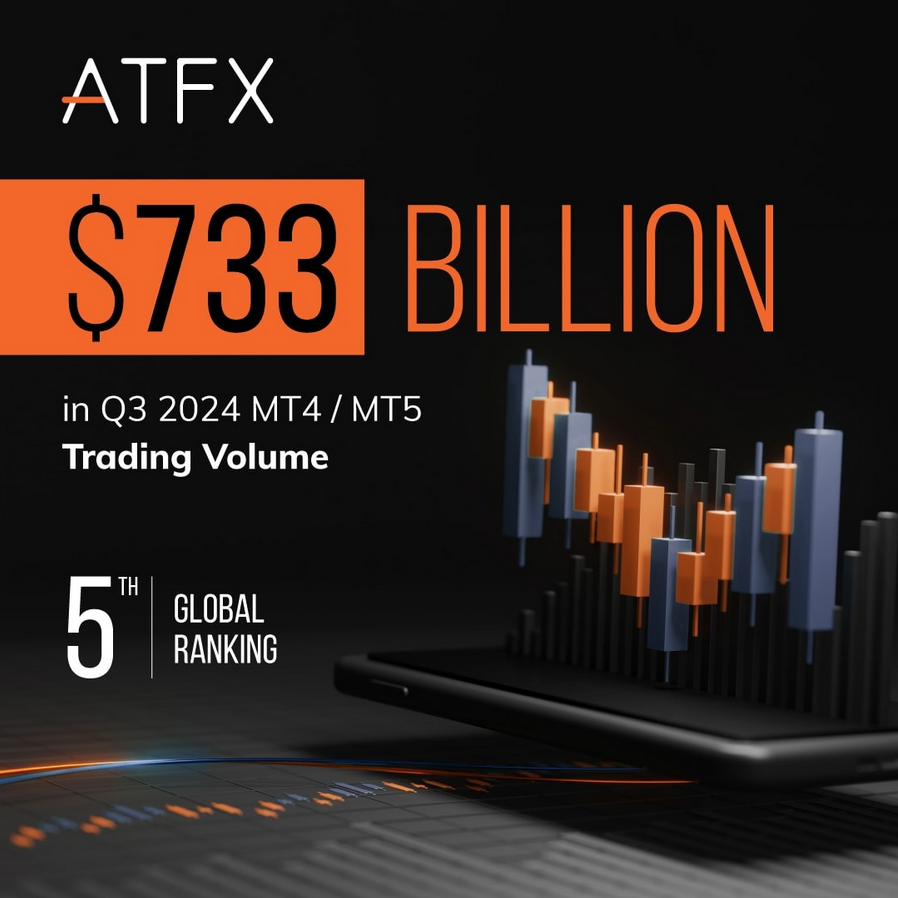Posted by autorebateforex Jan - 31 - 2024 0 Comment

The global market remains cautious as investors await key economic data and central bank decisions. The euro and pound face uncertainties, while the Aussie and yen show resilience. Technical analysis suggests potential breakouts in both EUR/USD and GBP/USD.
Posted by autorebateforex Jan - 29 - 2024 0 Comment

As January draws to a close and February gears up, several key events will make for an eventful week in the financial world.
Posted by autorebateforex Jan - 26 - 2024 0 Comment

Forex Market is mixed, with cautious optimism due to upcoming ECB meeting and US economic data. Cryptocurrency Market is bullish, but with some concerns about geopolitical tensions and regulatory uncertainty.
Posted by autorebateforex Jan - 25 - 2024 0 Comment

The markets are mixed, with some currencies and commodities rallying while others are falling. The key driver of the markets is economic data, with strong data leading to gains and weak data leading to losses. Investors are also watching central banks closely, as any changes in monetary policy could have a significant impact on the markets.
Posted by autorebateforex Jan - 24 - 2024 0 Comment

The market is reassessing its views on the Fed’s future rate cuts, with expectations shifting towards later in the year. The ECB is likely to follow the Fed’s lead in easing monetary policy, but not before June. Inflation remains a concern, and a new supply shock in the Middle East could push US inflation higher.
Posted by autorebateforex Jan - 23 - 2024 0 Comment

The market is shifting towards a hawkish stance, favoring the US dollar and potentially impacting other currency pairs. Important central bank meetings this week could provide further direction.
Posted by autorebateforex Jan - 22 - 2024 0 Comment

Next week’s economic calendar is packed with important events that could impact global markets, particularly the US dollar, euro, and Japanese yen. Here’s a simplified overview:
Posted by autorebateforex Jan - 19 - 2024 0 Comment

Global currency markets remain volatile as investors grapple with economic data and central bank policy decisions. The euro and US dollar are gaining strength, while the Australian dollar and Japanese yen are under pressure.
Posted by autorebateforex Jan - 18 - 2024 0 Comment

Divergent paths for major currencies as inflation trends differ. Canadian Dollar weakens on persistent inflation, Australian Dollar slumps on weak China data, British Pound rises on surprise inflation hike. Central banks face cautious stances as they navigate inflation and economic slowdown concerns.
Posted by autorebateforex Jan - 17 - 2024 0 Comment

Investors were initially optimistic about the euro due to slowing US inflation and expectations of the Federal Reserve cutting rates. However, the European Central Bank has been more cautious about easing monetary policy, and the German economy has weakened. This has put pressure on the euro, despite strong US stock indices.









